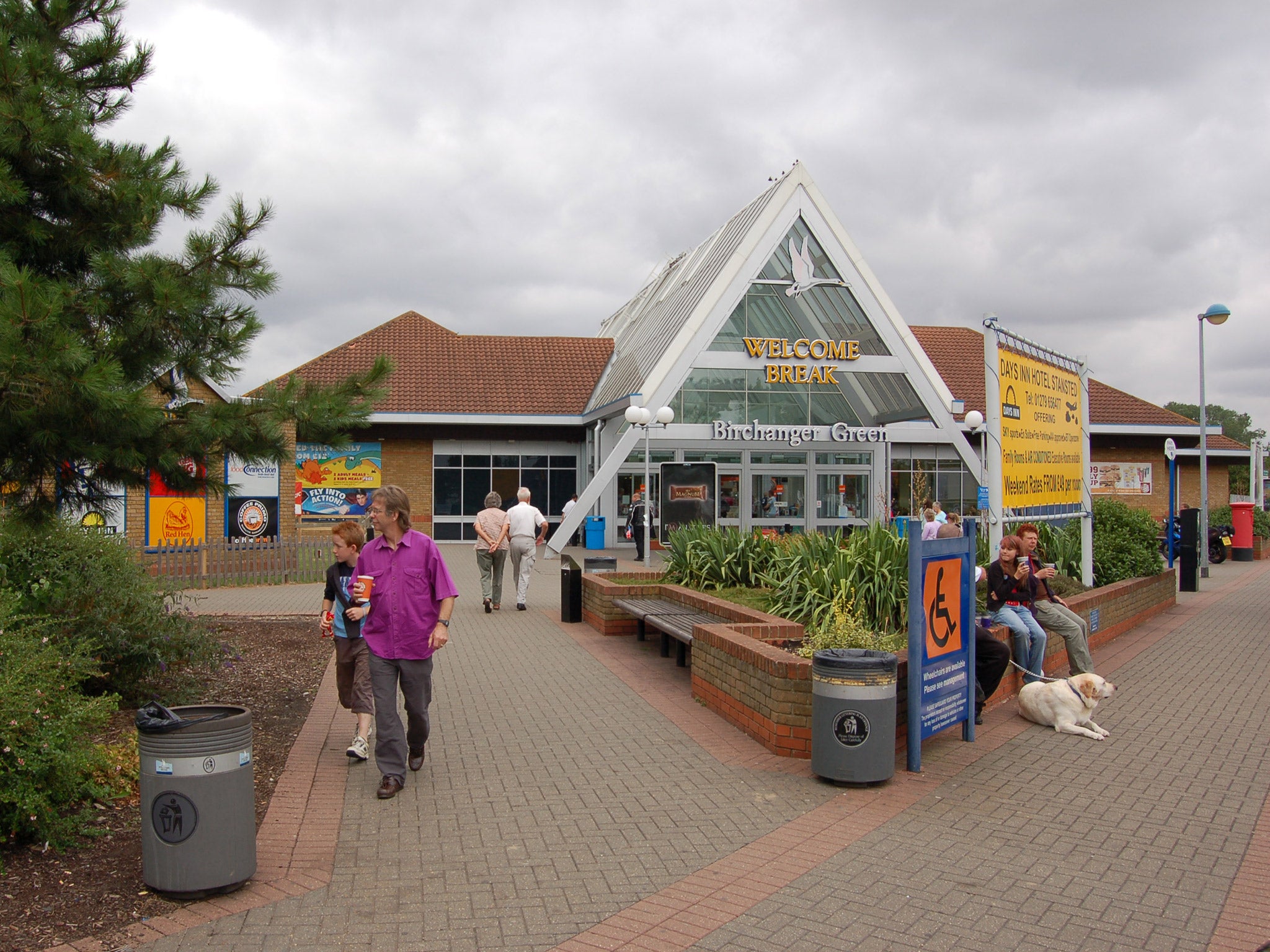Why the bleak service station is best for business people
"Working from the car offers commuters more space and tranquillity"

Your support helps us to tell the story
From reproductive rights to climate change to Big Tech, The Independent is on the ground when the story is developing. Whether it's investigating the financials of Elon Musk's pro-Trump PAC or producing our latest documentary, 'The A Word', which shines a light on the American women fighting for reproductive rights, we know how important it is to parse out the facts from the messaging.
At such a critical moment in US history, we need reporters on the ground. Your donation allows us to keep sending journalists to speak to both sides of the story.
The Independent is trusted by Americans across the entire political spectrum. And unlike many other quality news outlets, we choose not to lock Americans out of our reporting and analysis with paywalls. We believe quality journalism should be available to everyone, paid for by those who can afford it.
Your support makes all the difference.Motorway service station car parks may be bleak, but they are increasingly popular with business people looking for a quiet place to work, according to academic research.
Working from a parked car offers commuters more space and tranquillity than working on a train, the study indicates. In comparison, business people complain that train carriages and planes are noisy and cramped.
Sociologist Dr Donald Hislop and psychologist Dr Carolyn Axtell analysed almost 700 forms handed out on intercity trains in the East Midlands, an M1 motorway survey station in the Midlands and a regional airport in southern England.
Loughborough University’s Dr Hislop and Dr Axtell, of the University of Sheffield, said “significant variations” in noise and lack of space “inhibited people’s ability to work” on trains and planes.
They found that while 42 per cent of respondents in trains, 29 per cent at the airport and 13 per cent on the planes worked “quite a lot” or a “great deal”, two-thirds (66 per cent) did the same at a motorway service station car park or building.
In their paper, published in the journal Work, Employment and Society, the academics also discovered that commuters prefer using pen and paper on trains and planes but reverted laptops and smartphones at the airport and service station.
Join our commenting forum
Join thought-provoking conversations, follow other Independent readers and see their replies
Comments